Why Am I Itchy After Plastic Surgery? Understanding Skin Flaking, Itchiness & What’s Normal During Recovery
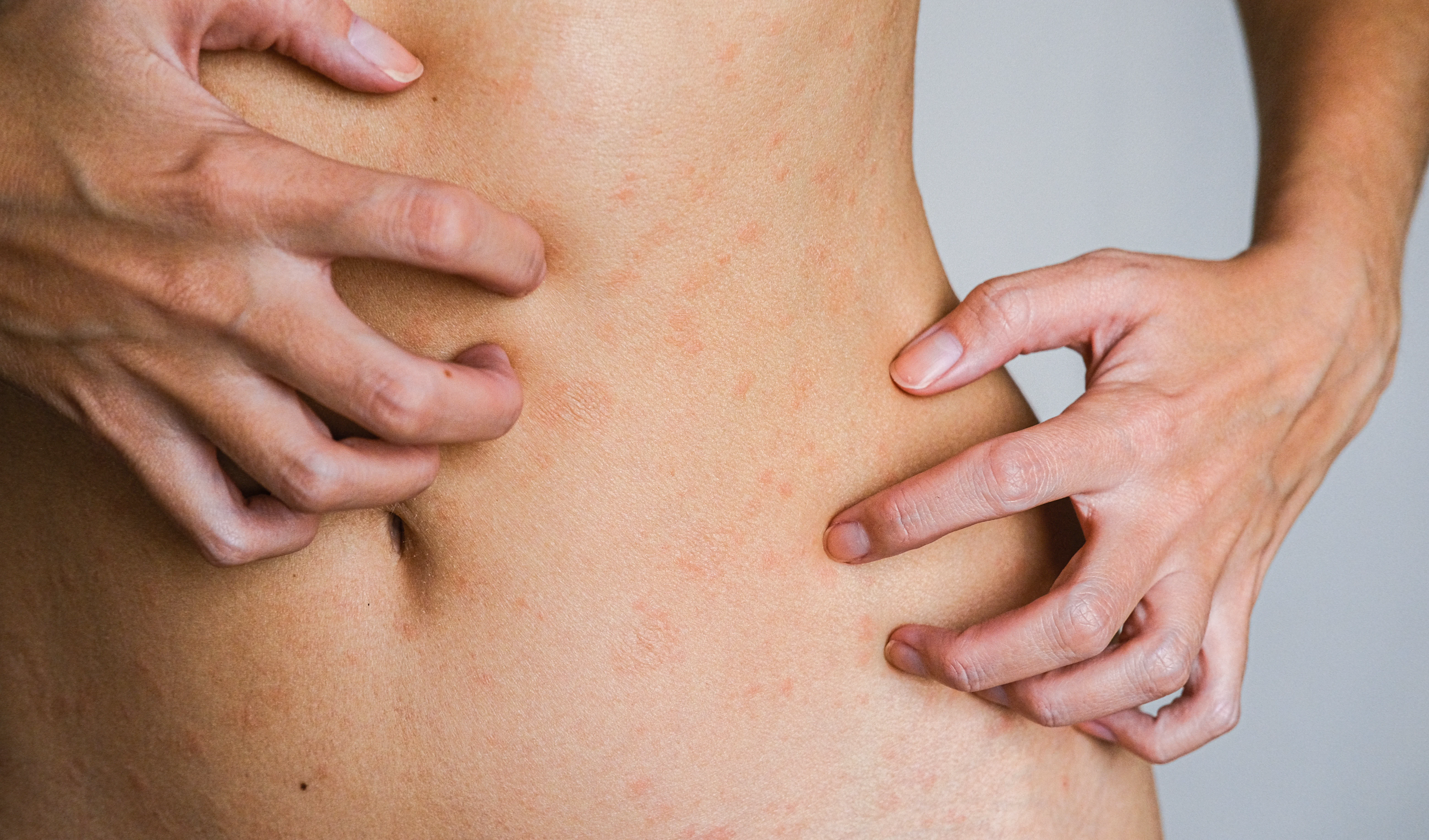
Itching and skin flaking after plastic surgery can be both frustrating and confusing. Is it a sign of healing? Or a problem? Fortunately, in most cases, it’s a completely normal part of your body’s recovery process. But knowing what’s typical—and what could signal an issue—is key to navigating this phase with confidence.
Why Does Skin Flake and Itch After Surgery?
In the days and weeks after surgery, your skin goes through multiple stages of healing. As swelling begins to subside, it’s common to notice areas of dry, peeling skin and accompanying itchiness. This is your skin’s way of regenerating and adjusting after fluid shifts, incisions, compression garments, and bandaging.
This type of itchiness is typically harmless and not a sign of infection. It usually stems from:
- Swelling resolution (as fluid leaves the tissues)
- Skin dryness from reduced oil production or cleansing with surgical prep solutions
- Tight or stretched skin healing over a smaller surface area
- Mechanical irritation from garments, tape, or bandages
What Helps With Post-Surgical Itching and Flaking?
Here’s what we typically recommend to soothe the skin and keep things on track:
- Fragrance-free moisturizer: Apply gently to areas of dry, flaking skin—but not directly on incisions or open wounds. A simple, hypoallergenic product is best. Think: CeraVe, Vanicream, or Aquaphor (non-medicated).
- Topical hydrocortisone cream: A low-strength over-the-counter steroid can help calm localized inflammation or itching.
- Oral antihistamines: Non-sedating options like cetirizine (Zyrtec) or loratadine (Claritin) can relieve systemic itching.
- Avoid Neosporin or triple antibiotic ointments: These may cause allergic reactions or irritation when used continuously for more than a few days. Itchiness in most cases is not due to infection.
When Itching Might Be a Warning Sign
While itchiness is a normal part of healing, it’s important to stay alert to symptoms that might indicate an allergic reaction or early infection. Here’s what to watch for:
Signs of Contact Dermatitis or Allergic Reaction:
- Red, inflamed, or blistered skin under tape, steri-strips, or compression garments
- Itchy rashes that appear suddenly and may spread
- Reactions in areas not directly operated on (e.g., neck, back, arms) — often tied to medication allergies
- Irritation specifically at sites exposed to skin glue (e.g., Dermabond), benzoin, Mastasol, or latex
Note: I do not routinely use skin glues or adhesive bonding agents like benzoin or Mastasol in order to reduce the risk of reactions.
Signs of Possible Infection:
- Bright red skin that’s warm or hot to the touch
- Thick, yellow or green drainage (purulent exudate)
- Foul-smelling odor from wounds or dressings
- Fever or chills
If you notice any of these concerning signs, please contact our office for further evaluation.
Itchiness Is Normal—But Don’t Ignore Your Skin
Mild to moderate itchiness during healing is very common and usually not a cause for concern. But it’s also important to pay attention to any unexpected changes. Most of the time, your body is simply doing what it’s supposed to—but in rare cases, a tweak in your aftercare plan might be needed.
Note from Dr. Aimé:
“Post-surgical itchiness is something I see frequently, and it usually resolves with time and proper skincare. Moisturizing the skin—not the wounds—is one of the best things you can do. But if something feels off, don’t guess. Reach out and we’ll help guide you.”
Your Healing Is Unique—We’re Here to Support It
Have questions about your recovery, incision care, or what’s normal vs. not? Our team is here to help ensure your healing is safe, smooth, and as comfortable as possible.
Our surgical and non-surgical treatment options
Ready to start your transformation?
Whether you’re just beginning to explore your options or have specific goals in mind, we’re here to guide you with expertise and compassion.

Read more articles
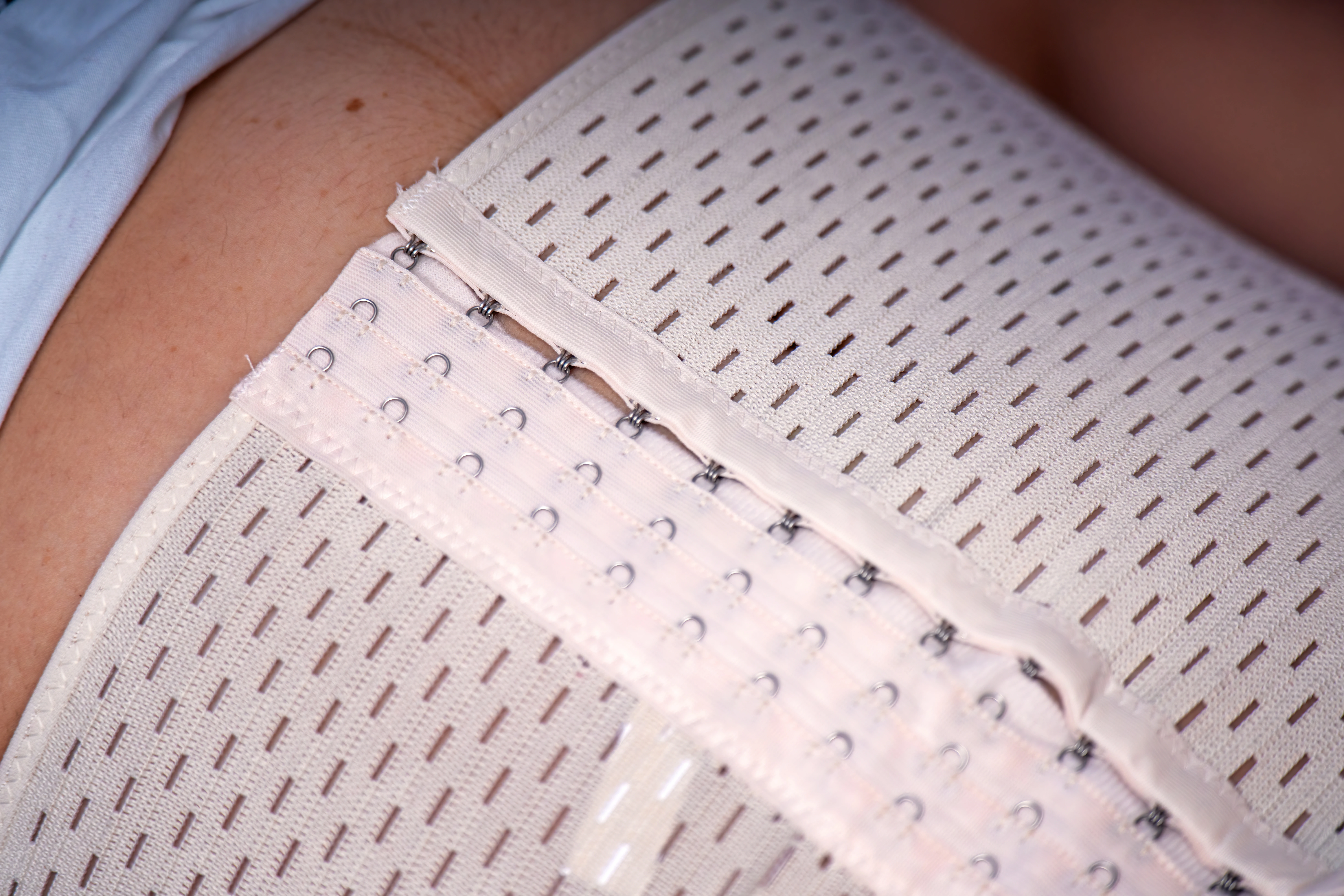
Do You Really Need to Wear a Post-Op Abdominal Binder or Compression Garment?
Wondering if you really need that post-op binder or compression garment? Learn what they actually do, the evidence behind them, how long to wear them, and how to choose one that fits your recovery needs and budget.
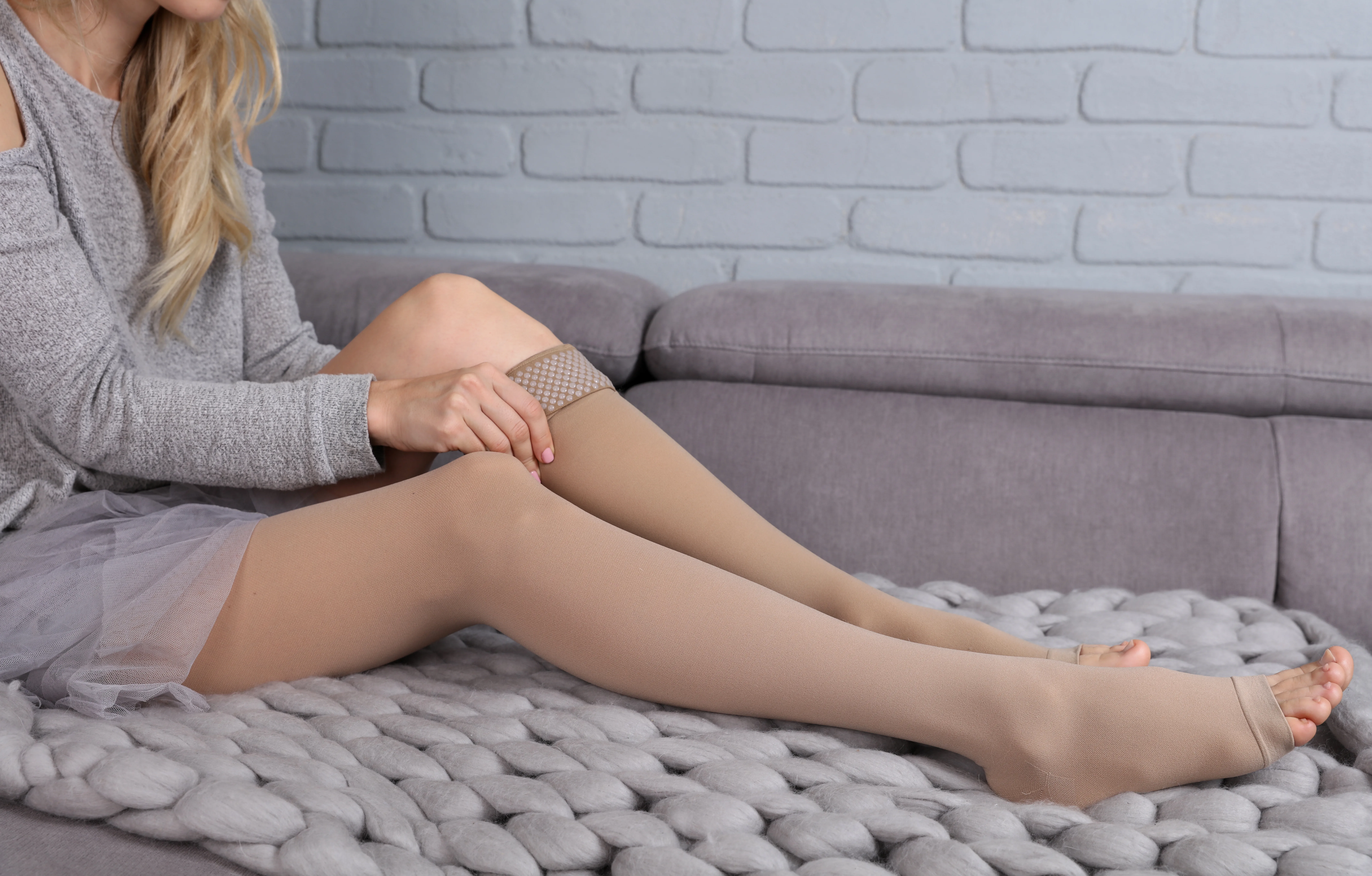
The 3 Most Important Parts of Recovery After Plastic Surgery
Learn the three most important parts of recovering safely after surgery: anesthesia safety, infection prevention, and bleeding or clotting management. Dr. Victoria Aimé explains what patients need to know before and after their procedure.
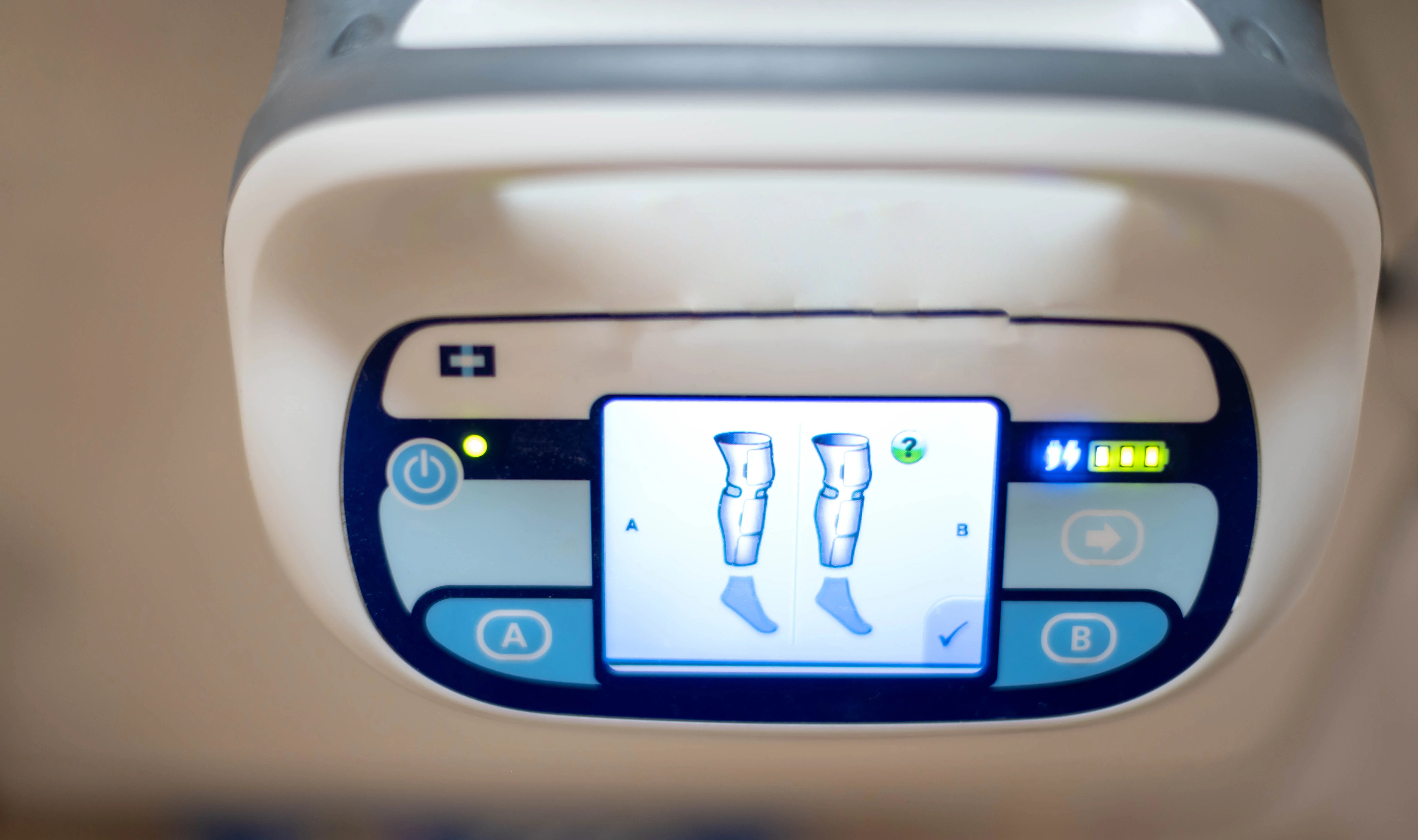
Why We Use SCDs for Blood Clot Prevention After Surgery
SCDs are a simple but powerful tool used during and after surgery to prevent blood clots. Learn how they work and why we send tummy tuck patients home with them.
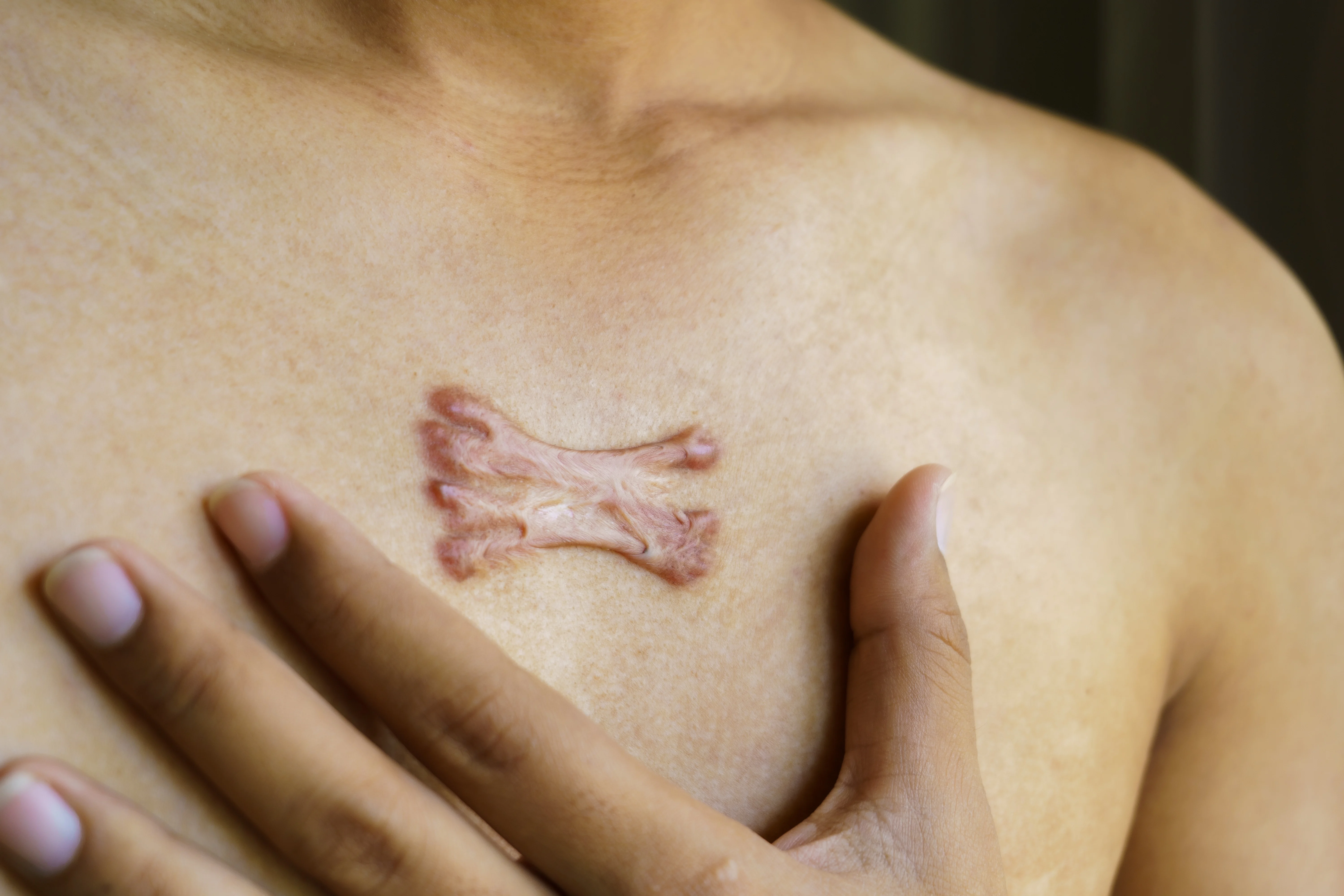
Hypertrophic vs. Keloid Scars: What’s the Difference and How to Prevent Them
Not all scars are the same. Learn the key differences between hypertrophic and keloid scars, what puts you at risk, and how to prevent and treat abnormal scar formation after surgery or injury.
